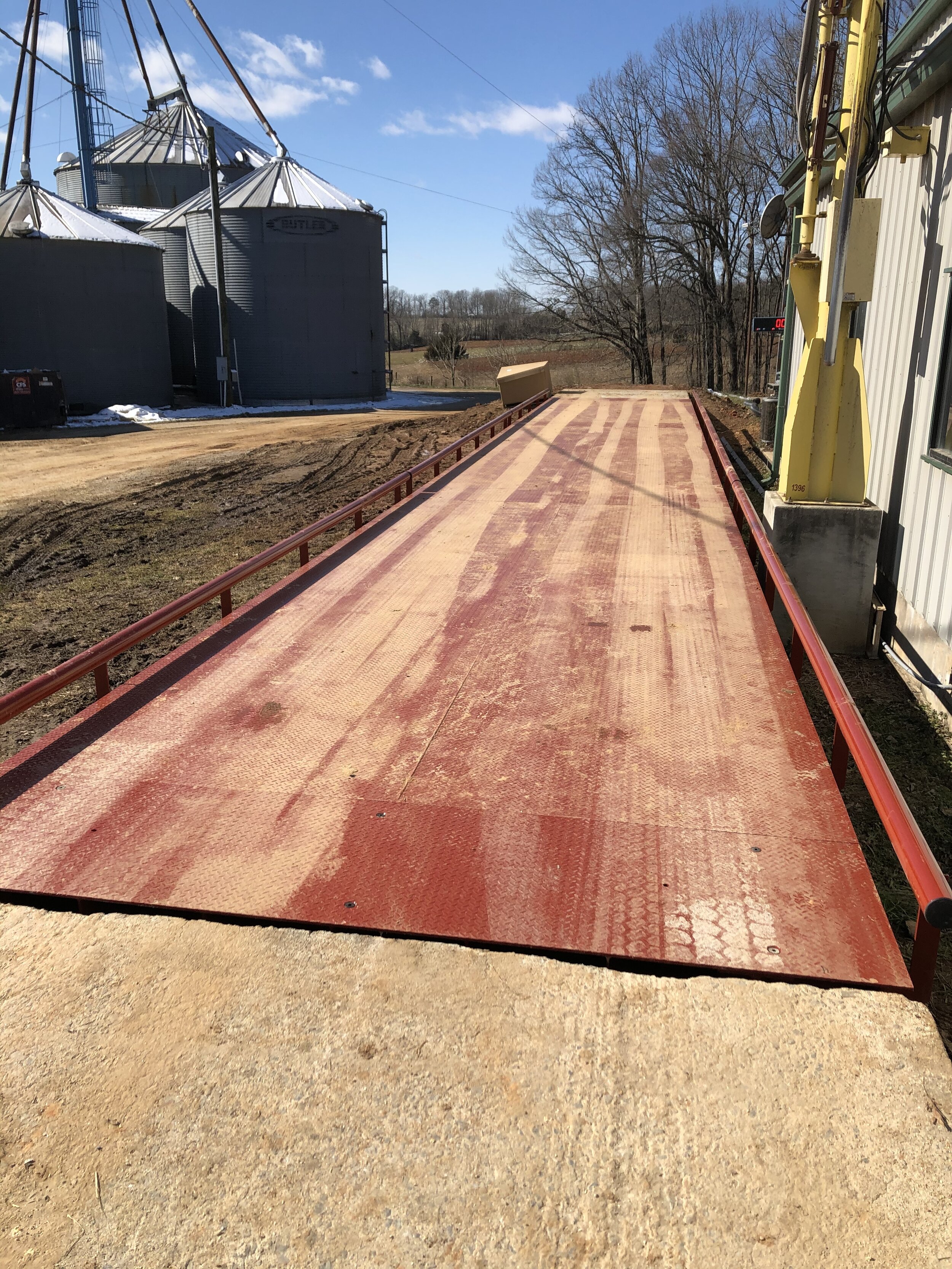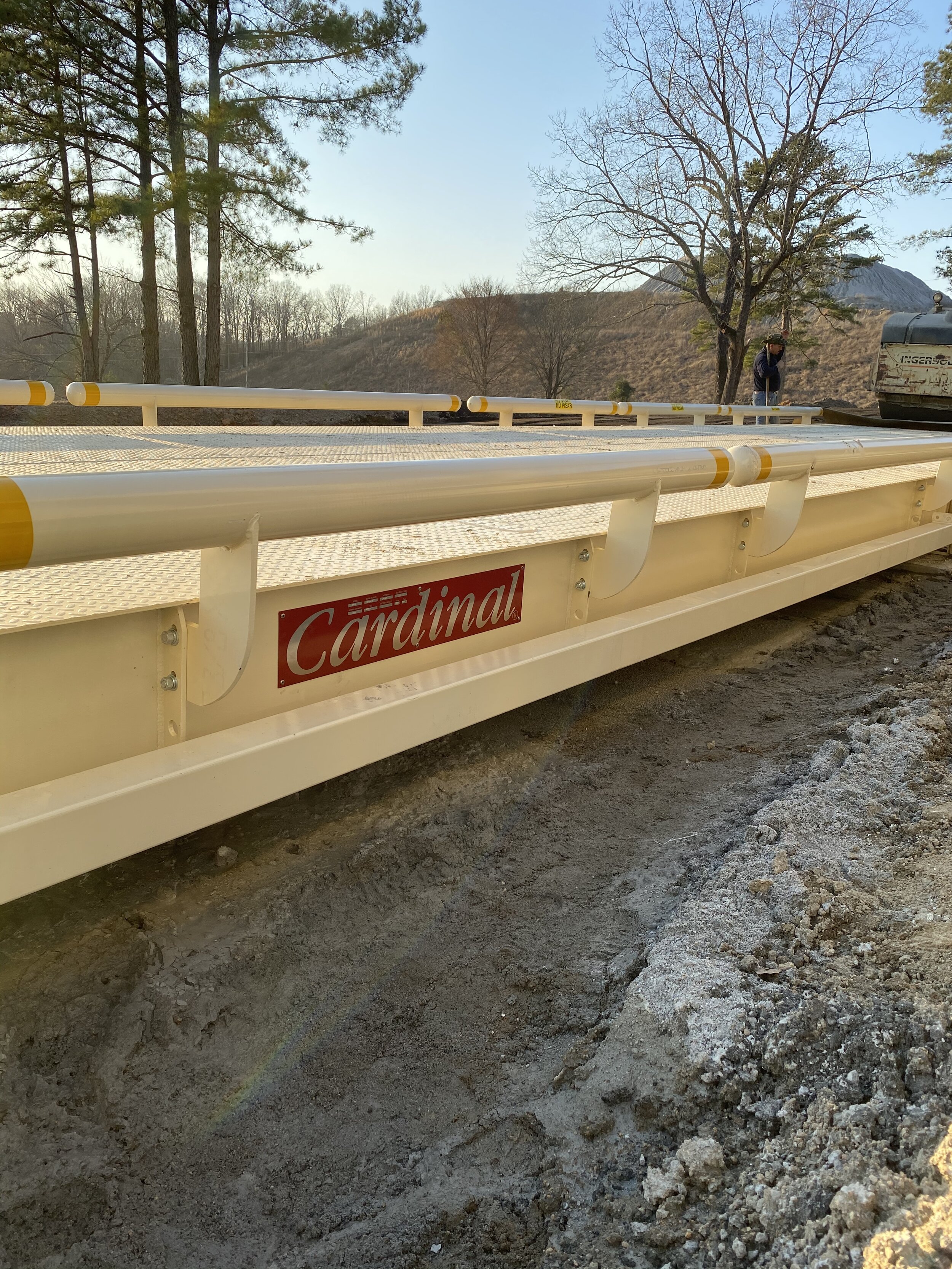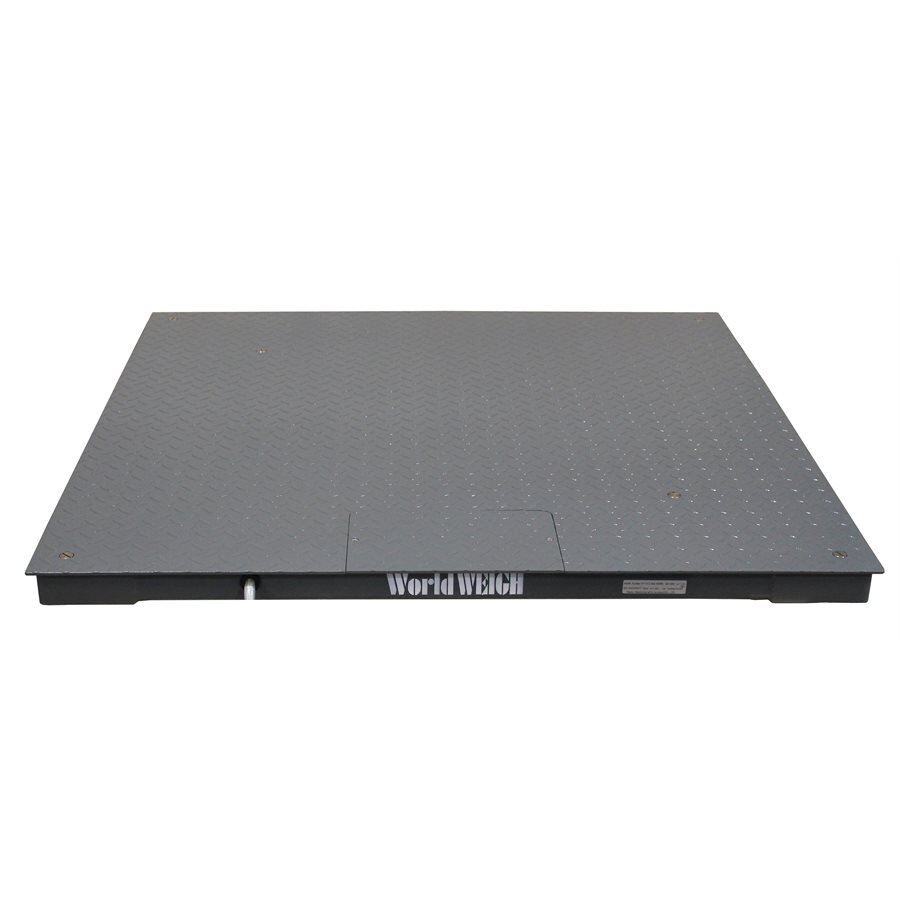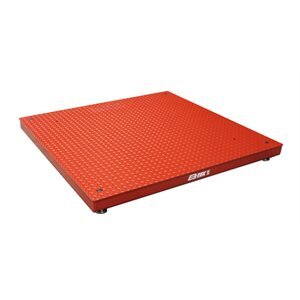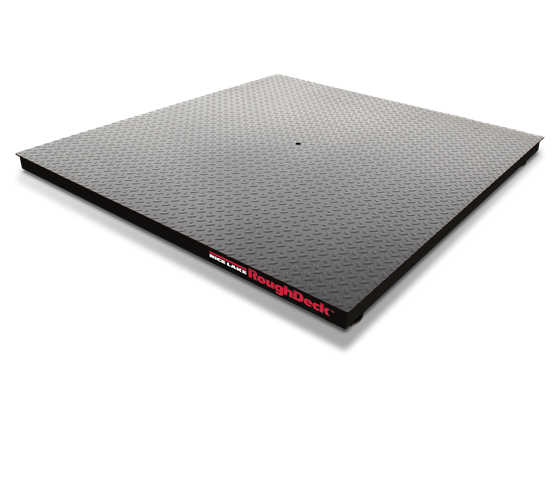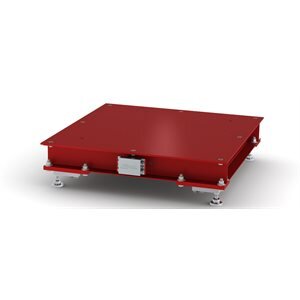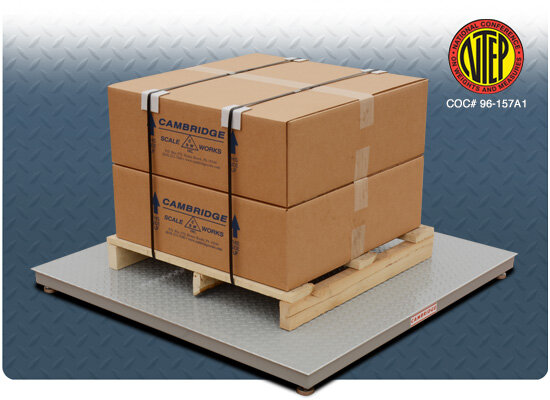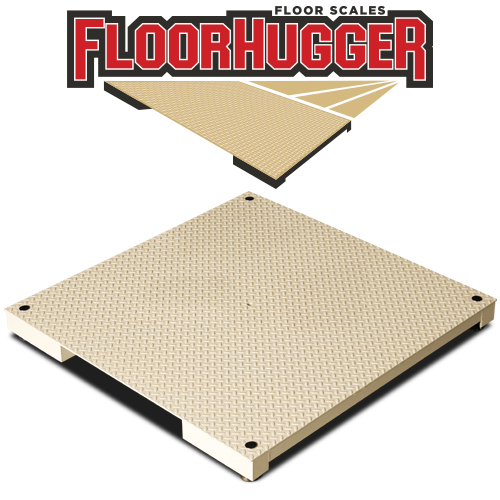When To Consider a Truck Scale Retrofit or Conversion
Truck scales are a significant investment for any company, and the major distributors pride themselves on making a durable, long-lasting product. However, like any equipment, even truck scales suffer from wear and tear. Instead of paying for unscheduled maintenance on your truck scale, or an entirely new scale, a truck scale retrofit can sometimes be a sensible and cost-effective way to get your truck scale working properly again.
There are two options for getting your truck scale back up and running at peak performance: a complete truck scale replacement or a truck scale retrofit. A retrofit is when technicians only replace the worn down or malfunctioning parts of the truck scale, which are usually the load cells, wiring, etc. Retrofitting your truck scale can be a more affordable method of getting your scale working again. Below are several factors that must be considered when thinking about a truck scale retrofit.
1. Scale issues
It is important to determine what the issue with your scale is. This is something that your scale technician can help you with. Scale decks are usually durable and long-lasting because they are made of concrete or steel; however, if there happens to be an issue with the weighbridge, then a complete truck scale retrofit of the load cells and other scale technology would not be sufficient to get the scale working properly again. Your scale technician can help you diagnose the problem with your scale and advise you on the options available for addressing the issue.
2. Foundation
Just like the scale deck, the foundation must also be in good condition for a truck scale retrofit to make sense. The foundation is typically one of the most costly and labor-intensive aspects of installing a truck scale. Consequently, if yours in good condition then a retrofit might be ideal for your truck scale.
3. Expense
While not as expensive as a complete truck scale install, a retrofit can still be costly. Replacement load cells and other electronics tend to be expensive. Additionally, identifying the problem and fixing the appropriate parts can require substantial labor hours which can also increase the price. Nonetheless, a retrofit generally takes less time than a complete truck scale replacement, which means that you have less lost revenue while your scale is down for repairs.
4. Upgrades
If a retrofit is a possibility for your truck scale, it could be a good time to make upgrades to your scale that you’ve been wanting, such as moving from analog to digital load cells, getting a new indicator, etc.
Consulting your scale dealer is a great way to see if your malfunctioning truck scale is a candidate for a retrofit. They will be able to identify which parts of your truck scale are not working properly, and how much it would cost to replace those components. From there, you can make the decision about whether a retrofit or a complete truck scale replacement is the more sensible option.
Closing Words
At American Scale we strive to bring you informed and useful content on all things scale related. Be sure to check out our legal for trade truck scale system articles about truck scale foundation or how much do truck scales cost. We even have a guide to warranties. We also have articles on scale accessories, common problems to prolong your scales lifespan, weighing applications as well as what scale indicator works best with your junction box. To learn more about bench scales, it would be good to check out our other articles such as “Bench Scale Basics'' and “How Much Does A Bench Scale Cost?”. These articles will help with the basics of bench scale ownership.

